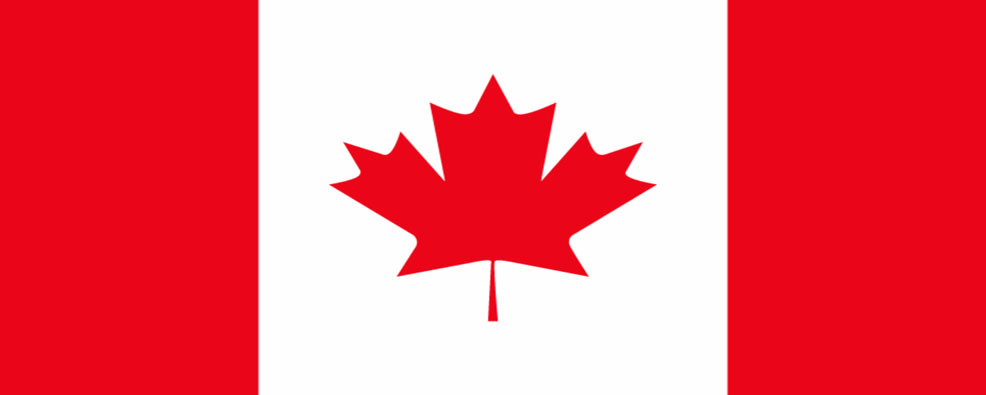


Canada is known for its high-quality education system and offers a wide range of programs and institutions. Some key points about education in Canada include:
Canada offers several immigration pathways, with Express Entry and Provincial Nominee Programs (PNPs) being among the most popular. Key points about immigration to Canada include:
To visit Canada for travel or exploration, you may need a tourist or visitor visa. Here are some key points:
The cost of living in Canada varies by city and province. Generally, it's higher in major cities like Toronto and Vancouver. Costs include housing, food, transportation, healthcare, and education expenses.
Canada is known for its diverse and inclusive society. Learning about Canadian culture, values, and customs can help you adapt and integrate more easily.
Please note that immigration, education, and visa policies in Canada can change, and it's essential to consult with an immigration expert or educational advisor can also provide personalized guidance.